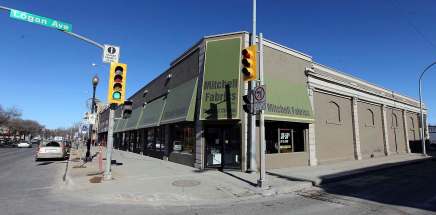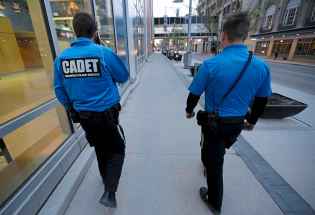Compare and contrast the campaign thus far Different styles define mayoral front-runners
Read this article for free:
or
Already have an account? Log in here »
To continue reading, please subscribe:
Monthly Digital Subscription
$0 for the first 4 weeks*
- Enjoy unlimited reading on winnipegfreepress.com
- Read the E-Edition, our digital replica newspaper
- Access News Break, our award-winning app
- Play interactive puzzles
*No charge for 4 weeks then price increases to the regular rate of $19.00 plus GST every four weeks. Offer available to new and qualified returning subscribers only. Cancel any time.
Monthly Digital Subscription
$4.75/week*
- Enjoy unlimited reading on winnipegfreepress.com
- Read the E-Edition, our digital replica newspaper
- Access News Break, our award-winning app
- Play interactive puzzles
*Billed as $19 plus GST every four weeks. Cancel any time.
To continue reading, please subscribe:
Add Free Press access to your Brandon Sun subscription for only an additional
$1 for the first 4 weeks*
*Your next subscription payment will increase by $1.00 and you will be charged $16.99 plus GST for four weeks. After four weeks, your payment will increase to $23.99 plus GST every four weeks.
Read unlimited articles for free today:
or
Already have an account? Log in here »
Hey there, time traveller!
This article was published 25/09/2018 (2637 days ago), so information in it may no longer be current.
It’s shaping up to be an epic battle between the “back to the future” campaign of a feisty challenger and the “lofty ideals” campaign of the incumbent mayor.
With less than a month to go before Winnipeggers go to the polls, the race for the mayor’s office has become a high-contrast affair, with eight candidates eligible to have their names on the ballot.
The race, so far, has resulted in viable campaigns offered by some long-shot candidates, including stoic efforts by the irrepressible Don Woodstock (whose intensity of campaigning matches anyone on the ballot) and Umar Hayat, who continues to maintain a significant social-media presence to publicize his campaign.
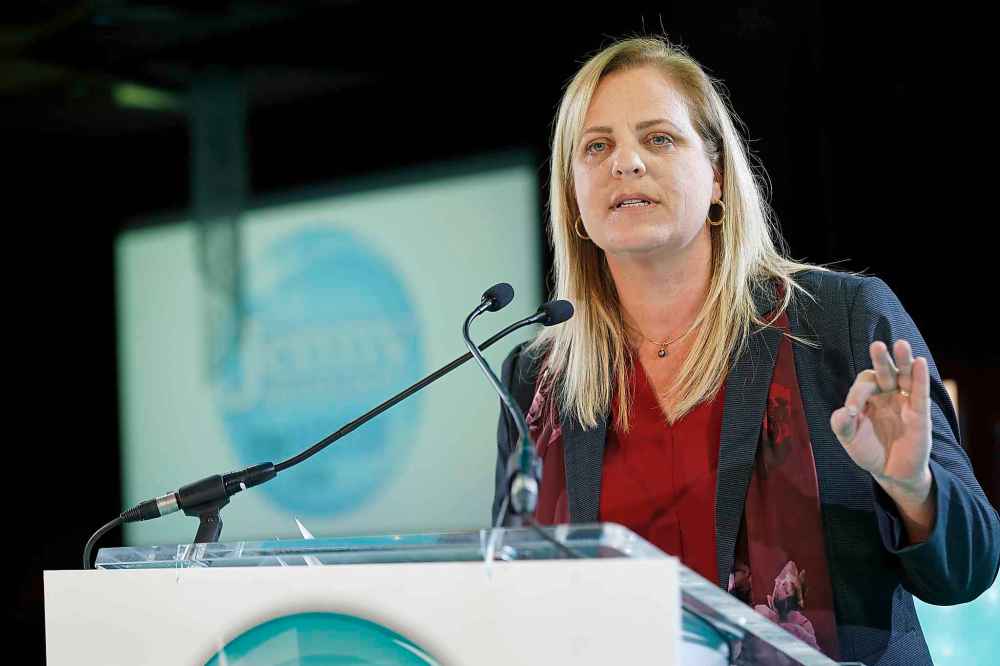
However, to date, the clear front-runners have been established as Brian Bowman, the incumbent mayor, and challenger Jenny Motkaluk. They are offering voters radically different campaign messages.
For Motkaluk, the focus has been on core civic issues and a rejection of anything that smacks of boutique, progressive urbanist philosophy, which is Bowman’s calling card. It’s a decidedly traditional approach, with a healthy dash of animus to keep things interesting.
At a modest rally at a Polo Park-area hotel Monday night, Motkaluk put her back-to-the-future approach of politics on full display.
The topic on this evening was crime, and Motkaluk lustily attacked what she described as Bowman’s failure to keep Winnipeggers safe in their own city. “There are people in this room tonight, myself included, who grew up in a Winnipeg where we didn’t lock our doors at night… Where leaving your belongings in your car outside your house wasn’t an open invitation to vandalism and violence,” Motkaluk told 150 supporters.
She acknowledged Bowman wasn’t to blame for all the recent reports on increased crime — right before she blamed the current mayor for the recent spike in crime. She then pulled out a tagline that might make for a great T-shirt one day: “We’re done putting Band-Aids on bullet wounds.”
Motkaluk is certainly not the first politician at the civic level to seek support by portraying the city as a crime-infested swamp. Former mayor Sam Katz turned this narrative into an art form, despite the fact almost no one would credit him with any measure that directly affected crime levels.
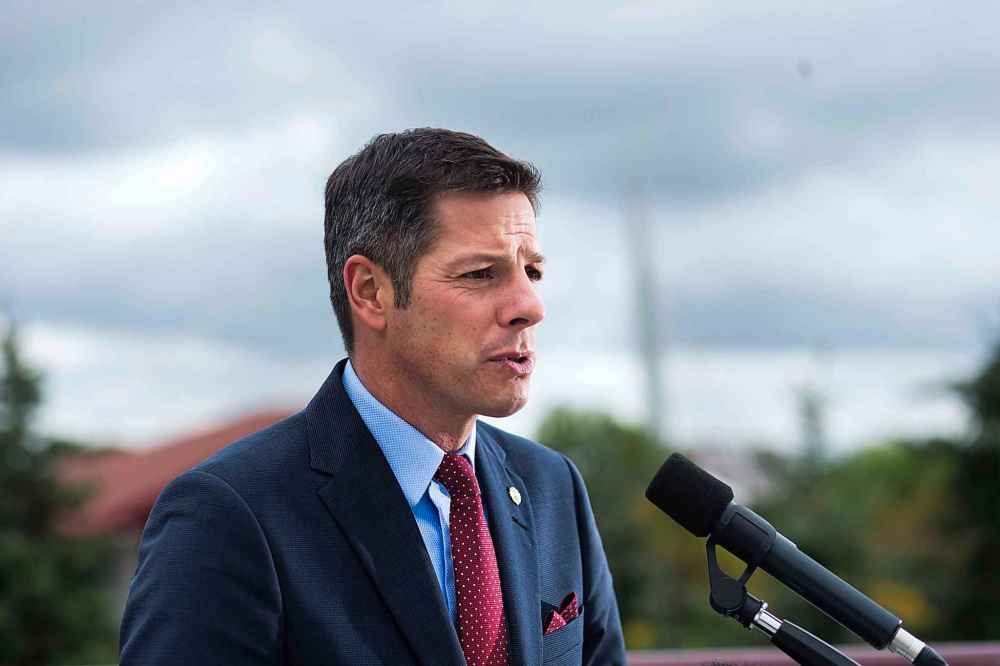
While Motkaluk beats a traditional campaign drum, Bowman has attempted to soar high above the fray, paying little or no attention to his challengers while hammering away at some lofty, almost ethereal, campaign issues.
Bowman’s focus has focused on accountability, transparency, diversity, independence and integrity. He has preached the benefits of a modern, progressive urbanist philosophy, which emphasizes things such as walkability and rapid transit, and de-emphasizes things such as building or expanding freeways.
He has borrowed heavily from his 2014 campaign, where he became the most-effective foil for the Katz era of civic politics.
Even though Katz retired from politics before the 2014 election, he was omnipresent in the campaign, as all candidates scrambled to convince voters that, although they may have been many things, they weren’t Sam.
In the if-it-ain’t-broke-don’t-fix-it tradition of electoral politics, Bowman is reminding voters he owes no favours to any individual, organization or special interest. He has, however, warned those individuals, organziations and special interests who had their tentacles deeply imbedded in city hall are trying to make a comeback.
Motkaluk clearly believes Bowman is talking about her. Although she has received public and private support from some sources that would have been associated with Katz, she has been rigorous to deny even the most subtle of allegations she is a shill for any one particular special interest, industry or organization.
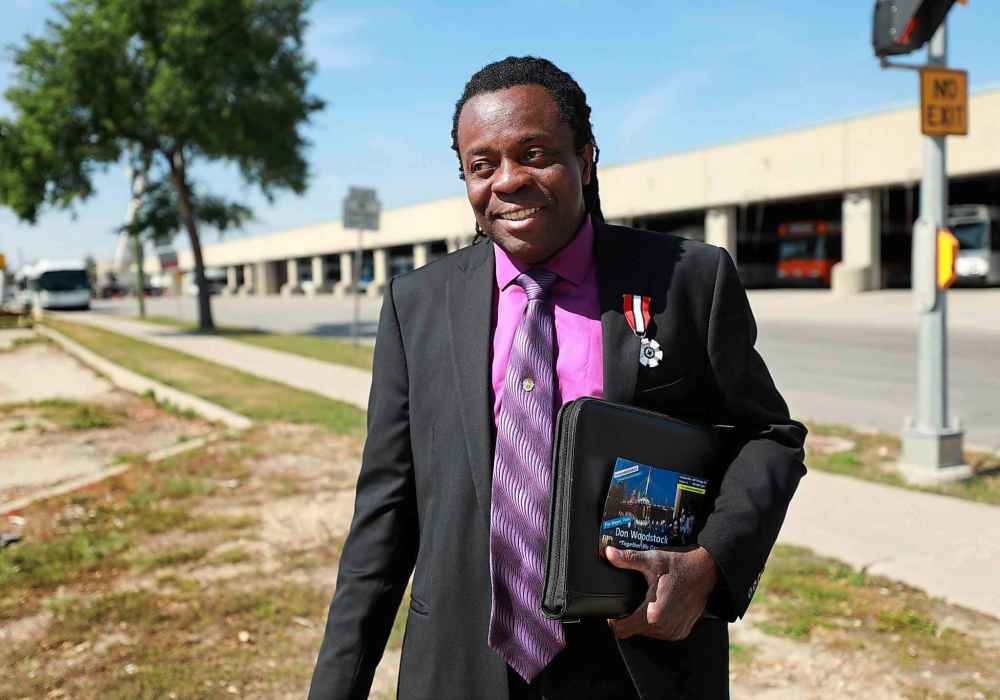
In attempting to occupy rarefied ground, however, Bowman’s campaign has been extremely light on firm promises.
Motkaluk has been concrete (leave the Portage Avenue and Main Street intersection closed to pedestrians, kill bus rapid transit, put more police in schools); Bowman has been high on concept and low on specific measures.
There’s lots of contrast, but is there any substance in the two contrasting visions for the city? To date, not really.
Motkaluk has been careful not to over-promise, offering ideas that claim to be doable within existing resources. However, as was the case with her attack on Bowman for being soft on crime, there is more political posture than substance.
Crime is a macro-sized problem, while mayors have only micro-sized tools with which to fight it. Any suggestion by any candidate he or she has an antidote for crime, or they alone can return Winnipeg to a mythical past state of public safety, is misleading at best and disingenuous at worst.
When politicians say they are tough on crime, they mostly mean they talk tough on crime.

The same could be said for Bowman’s constant pledge to make the city more inclusive and diverse. Those are big, high-ideal goals that largely exist outside the grasp of a municipal leader. It’s one thing to promote the principles of inclusion and diversity, and another to promise they are achievable goals within the context of the powers of municipal office.
Winnipeggers can see the contrast between Motkaluk and Bowman, and that’s a good thing. We’re all still waiting to see if either have the substance that would make them truly worthy of voter support.
dan.lett@freepress.mb.ca

Born and raised in and around Toronto, Dan Lett came to Winnipeg in 1986, less than a year out of journalism school with a lifelong dream to be a newspaper reporter.
Our newsroom depends on a growing audience of readers to power our journalism. If you are not a paid reader, please consider becoming a subscriber.
Our newsroom depends on its audience of readers to power our journalism. Thank you for your support.

